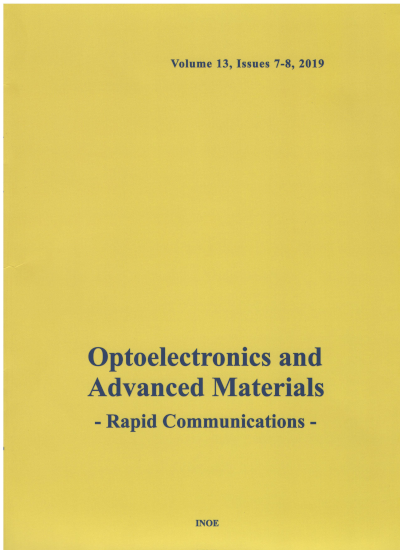Abstract
This paper presents a comparative study in coherent optical OFDM (CO-OFDM) context using various equalizers to mitigate channel imperfections. Furthermore, two kinds of the equalizer are selected to compensate non-linearity fiber effects, such as sparse Volterra and maximum likelihood sequence estimate (MLSE). We propose a reduced complexity sparse Volterra equalizer to compensate nonlinearities up to 100 Gb/s in the CO-OFDM system. It is shown that sparse Volterra equalizer upgrades MLSE equalizer by about 2 dB factor. Likewise, it is demonstrated in this work that at a fiber length equal to 3000 km and OSNR equal to 10 dB, BER is inferior to 10E-4 and 10E-3 for the sparse Volterra and MLSE equalizer, respectively. Additionally, system performance is given as a function of constellation diagram and BER for M-QAM modulations format at 10 and 100 Gb/s. Finally, a complexity study is investigated comparing sparse Volterra and Volterra algorithm as a function of CPU time consumption..
Keywords
Volterra, Sparse Volterra equalizer, MLSE, CO-OFDM.
Citation
HICHEM MRABET, SOFIEN MHATLI, A reduced complexity Volterra-based nonlinear equalizer for up to 100 Gb/s coherent optical communications, Optoelectronics and Advanced Materials - Rapid Communications, 12, 3-4, March-April 2018, pp.186-192 (2018).
Submitted at: Oct. 11, 2017
Accepted at: April 5, 2018
